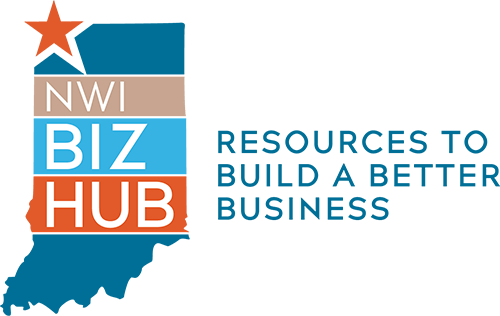The COVID-19 pandemic changed the business landscape for so many in the last year. The public health crisis quickly halted the economy, and businesses which relied on foot traffic or in-person sales were adversely affected. Unfortunately, despite best efforts, a staggering number of businesses closed their doors and longstanding institutions across the country marked the end of an era.
However, the United States also gained 1.1 million new businesses and startups last year. This number is a 12 percent increase from 2019 and a record number since 2007, according to an analysis of U.S. Census Bureau data by The Wall Street Journal. Right now is an exciting time for some entrepreneurs—especially those selling digital products and services or embarking on e-commerce ventures. While virtual goods and services are ushering in a new wave of consumer demand, it is still vital for entrepreneurs to understand traditional business management and possess healthy financial lifestyle habits. Financial Literacy is essential to creating a path to success—whether that business is digital or has physical locations.
April is National Financial Literacy Month, a nationally-recognized campaign to bring awareness to the need for more financial education in schools and for adults. Financial Literacy is defined as “the ability to use knowledge and skills to manage financial resources effectively for a lifetime of financial well-being.”
But Financial Literacy is just as important for business owners and entrepreneurs as it is for individual consumers and families. In essence, the concept spotlights the importance of understanding financial terminology, financial statements, and business concepts, then applying that information to reach a specific outcome.
Financial Literacy for business owners pertains to every aspect of your business strategy, including the business plan. Financial Literacy tools and courses will help you create a complete, detailed business plan. In my experience, those with a better grasp on their finances have a more robust business plan, and a better chance of business longevity. If you started your business without a business plan, it’s never too late to start one, consider it as the roadmap to your success. A business plan exists to establish a focus and help guide your business to future success. It should include goals, measurable methods of reaching those goals, and the time frame in which your business should hit certain sales and financial milestones.
A survey conducted in 2019 by CB Insights surveyed 101 startup postmortems, and 29 percent cited running out of money as the reason their venture failed. I have worked in the financial industry for nearly 15 years, serving as a Small Business Banker and am currently a branch manager at Centier Bank’s La Porte branch. The most successful business owners I’ve worked with have one thing in common: they know when to employ expert resources, such as Certified Public Accountants, attorneys, business bankers, and/or marketing agencies. When one person tries to take on all of the responsibilities of a business, they are stretched so thin that they are not performing well in any one role. One person cannot be the sales manager, service manager, accountant, bookkeeper, and receptionist, and expect to maintain successful business growth.
A trusted financial partner with local decision making and expertise is a valuable resource for any entrepreneur or business owner, and they tend to network with other professionals whose expertise can help an entrepreneur who is just starting out. I encourage you to make an appointment with a business banker, your local manager, or give me a call to ask these questions, you might be surprised at who can connect you to other professionals and experts that can help get your business to the next level, on the best path to success.
 Michael Bober
Michael Bober
Assistant Vice-President | Business Development
219-324-6368, ext. 4801
[email protected]



